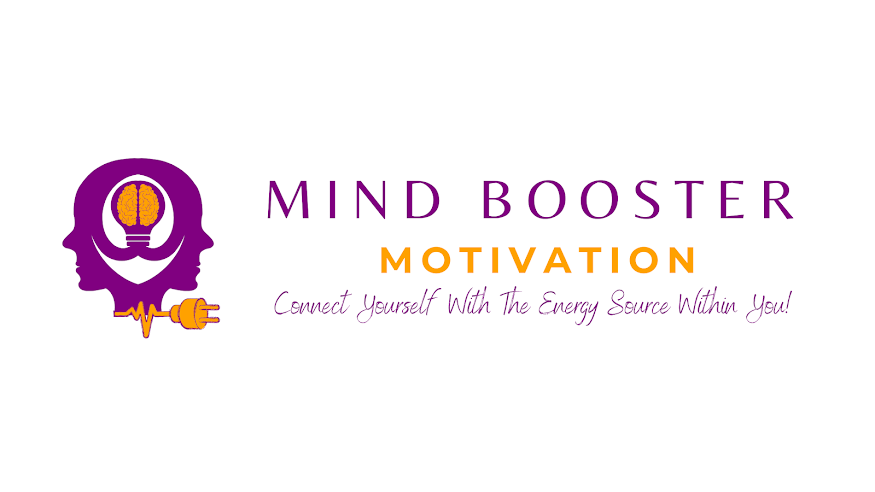The Unexpected Feeling Coming After Your Failed Expectations? True or False!
Often people are talking about “The Unexpected Feeling Coming After Your Failed Expectations?” In today's paper we will interrogate this theory and try to find some appropriate answers for it. First and foremost let’s say: Does that theory work or not? If the answer is yes, then we must explain why with elaborate details ?
Therefore the concept of the unexpected feelings that arise after failed expectations is not a specific theory in and of itself, but rather a common observation based on human experiences and psychological understanding. To clarify further, let's explore the topic in more detail:
Emotional response to expectations: Humans have a natural tendency to form expectations based on their desires, beliefs, and past experiences. These expectations shape our anticipation of outcomes and influence our emotional state. When our expectations are not met, it can trigger a range of emotional responses.
Cognitive dissonance: Failed expectations create a cognitive dissonance, a state of psychological discomfort caused by the inconsistency between our expectations and reality. This dissonance often leads to emotional reactions as we grapple with the gap between what we hoped for and what actually occurred.
Disappointment: Disappointment is a common emotional response to failed expectations. It stems from a sense of loss or unfulfilled hopes, and it can manifest as sadness, frustration, or a general feeling of dissatisfaction.
Frustration and anger: When expectations are not met, frustration and anger may arise as a result of feeling thwarted or blocked from achieving desired outcomes. These emotions can be directed at oneself, others, or the circumstances that led to the failure.
Self-doubt and questioning: Failed expectations can trigger self-doubt and a questioning of one's abilities, decisions, or worthiness. Individuals may question their competence, judgment, or value, which can contribute to feelings of insecurity and uncertainty.
Uncertainty and fear: Failed expectations can create a sense of uncertainty about the future. It can instill fear of further disappointment or failure, leading individuals to feel hesitant or reluctant to set new expectations or take risks.
Personal significance: The intensity of the emotional response can be influenced by the personal significance attached to the expectation. The greater the importance or investment in the outcome, the more profound the emotional impact may be.
While the specific emotions and their intensity may vary among individuals and situations, the observation that unexpected feelings often follow failed expectations holds true in many cases. This understanding is informed by psychological research and theories related to cognitive processes, emotions, and human behavior.
Recognizing and understanding these unexpected feelings can be instrumental in managing the aftermath of failed expectations. It allows individuals to validate their emotional responses, process their experiences, and develop strategies for resilience, growth, and self-improvement.
In summary, while the unexpected feelings that arise after failed expectations are not a standalone theory, they are widely observed and acknowledged phenomena in psychology. They highlight the complex interplay between our expectations, emotions, and cognitive processes, providing valuable insights into human behavior and the challenges we face when our expectations are not met.







Comments
Post a Comment